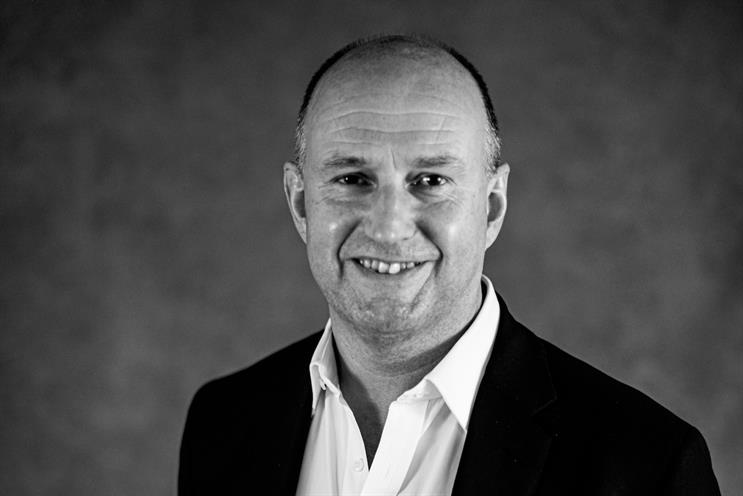Back in 2015, as president of the IPA, my agenda included specific diversity goals. We benchmarked the proportion of women in senior roles at member agencies, setting a target that 40% of senior roles in agencies should be held by women by 2020. I believed this to be an achievable goal, but it wasn't.
In 2020, the IPA census revealed that the number stood at 32%, which actually fell from 34% in 2019.
So, why is our supposedly progressive industry still failing to promote female talent into the top jobs, even when the entry-level numbers favour women?
The wider issue around empathy and culture
I spoke with The Drum a few years ago about diversity in our industry, including gender, explaining that the reason behind these lagging figures is more through sins of omission rather than anything more sinister.
We know that it's massively in our interest to do better in this area, as the evidence that diversity leads to just keeps getting more compelling. Furthermore, clients are demanding it of us. So, what's holding us back?
A key piece of the puzzle is maternity. Until agency leaders (who we know are predominantly white men) choose to actively champion and promote mothers and mothers-to-be, explicitly saying that becoming and being a mother makes you a more valuable employee, we will continue to lose out on female talent as women are forced to choose between motherhood and career advancement.
Of course, maternity- and paternity-leave policies – as well as effective return to work strategies – are vital, but above all, it's a matter of empathy and culture. When it comes to paternity, we should aim to create a culture where men are as much expected to be playing a part in childcare as women and, as a result, receive the right amount of support to make this a reality.
Three of our top team are mothers: our chief growth officer, chief strategy officer, and people director. Our chief growth officer, Lucy Taylor, was promoted while she was pregnant and due to go on maternity leave, which has sent a clear signal to the company and created inspiring role models as a result. These leaders are changing our culture and making us a better agency.
Besides maternity and families, there are other issues that need addressing. There are still steps to take around career management, mentoring, and the traditional, and often damaging, "lad" culture that's long been associated with advertising, especially creative departments.
Practising what we preach
While there's a long way to go, it's not all doom and gloom. Although the numbers haven't changed as much as we hoped, attitudes are beginning to shift, especially around areas like flexible working, mental health, racial diversity and better support systems, the importance of which have been heightened by the pandemic.
Yes, we must make sure we've reviewed and updated our policies to be as progressive as possible, but this must be supported by forward-thinking leadership teams and more inclusive cultures.
Acceptance needs to become the norm, not something that's written down as part of a business' ethos and values.
And, most importantly, we should never get complacent, as there is always more to be done when it comes to diversity.
Tom Knox is chairman of MullenLowe


